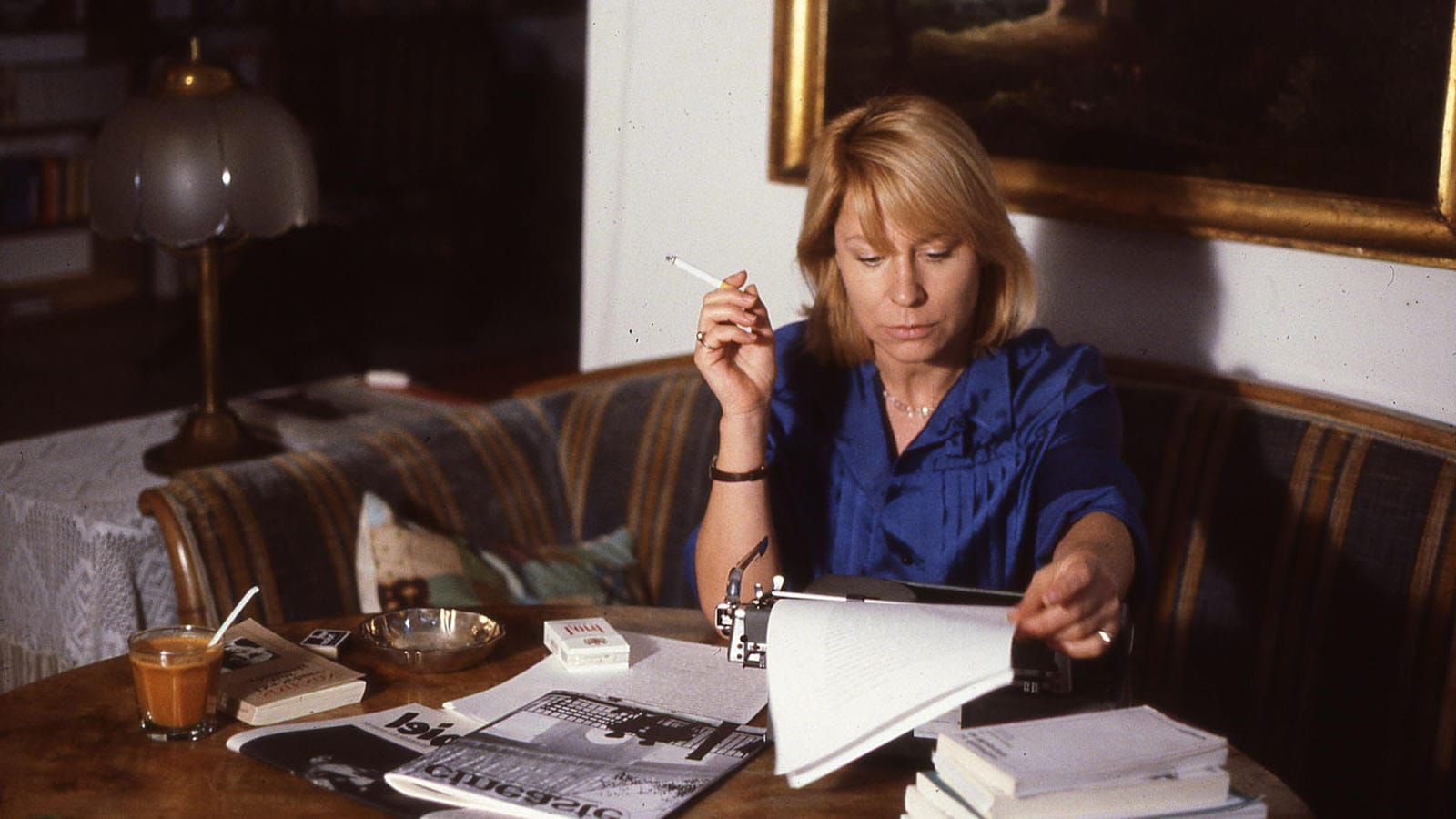New Cineaste and Young Cineastes

While this year’s awards season is now well and truly underway and Sundance has given us a sneak peek at what’s in store for 2019, the news this week has been dominated by the loss of visionary directors Nicolas Roeg and Bernardo Bertolucci. To our collections of remembrances and tributes, let’s add an interview with Roeg conducted in 2010 by Little White Lies’ David Jenkins on the occasion of Don’t Look Now (1973) being voted to the top of Time Out’s list of the 100 greatest British films and an appreciation of Bertolucci written for Time by fellow Italian director Paolo Sorrentino (The Great Beauty): “Only Welles, Fellini, and Scorsese managed to keep up.”
Here are five other notable items to have appeared in the past seven days:
- Samplings from the new issue of Cineaste are now online along with a few web exclusives, such as an interview with renowned Bengali filmmaker Mrinal Sen that Gary Crowdus, the magazine’s founder and editor, recorded in the early 1970s. You’ll also find Robert Cashill on Jackie Chan, David Sterritt on Luchino Visconti, Darragh O’Donoghue on Vincente Minnelli, and Richard Porton on Alfred Hitchcock by way of Nico Muhly’s Marnie, an opera based on the novel that Hitch turned into a film in 1964.
- Contributors to Vulture have spent months putting together a “road map to the evolution of horror cinema” in the form of one hundred clips selected for their “traceable impact on pictures that came after,” each of them accompanied by brief yet sharp analysis. Watch and read your way from Georges Méliès through F. W. Murnau, Jacques Tourneur, Mario Bava, and Jennifer Kent all the way to Jordan Peele and Ana Asensio.
- Was Robert Bresson a Surrealist? Of course not, writes Laura Ivins in a post for Indiana University Cinema, but his process, she argues, does suggest certain affinities with the early twentieth century artistic movement. Colin Burnett, the author of The Invention of Robert Bresson: The Auteur and His Market, isn’t having it. He finds that the recent tendency to align the filmmaker with this or that school “obscures the films.”



